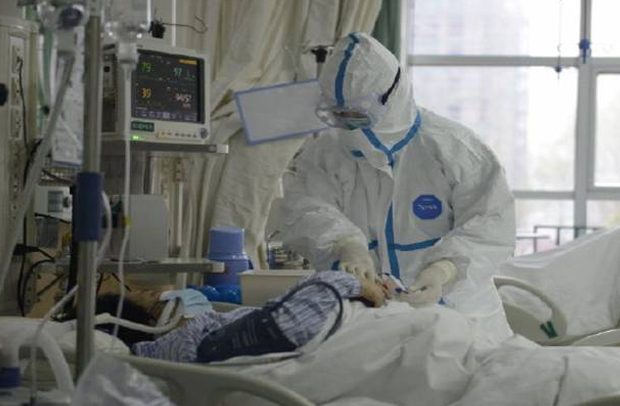The Ghana Primary Health Care Campaign led by the Alliance for Reproductive Health Rights (ARHR) has called on the government to fulfil its free Covid-19 treatment promise to Ghanaians.
According to ARHR, the government must ensure the availability of adequate medicines and other logistics required for the effective management of Covid-19 cases in Ghana especially at the primary health care delivery level.
Policy and Advocacy Coordinator ARHR, Leonard Shang-Quartey, said the call was necessitated following a series of complaints regarding the high cost of testing; inadequate facilities for testing and diagnosing, and the high cost of Covid-19 case management medicines.
Mr Shang-Quartey said though these complaints and concerns have been in the background for some time, the public was awakened by the accounts of a frontline worker, a biomedical scientist and twice Covid-19 positive patient, Prosper Senyo Sokpe during an interview with a local television station on 18 January, 2021.
He said besides the many horrifying details shared by the frontline worker the issue that made the situation dire for Mr. Sopke, was the cost of the medication.
“So, what happened was that a drug was written, a prescription was given to a friend who came around and he said he went to go and purchase the drug, when he got there just 1gram of the drug for 24 hours was GHC1400. And then I needed to take another for 48 hours, that’s GHC2800 and they continued administering that same drug and there were some other drugs also, at the end of the day I was just surprised because we’ve all been listening to our president that treatment of Covid-19 is free,” he recounted Mr. Sokpe’s narration.
Mr Shang-Quartey therefore emphasized the need for the government to show in actions its commitment especially as it has recently been discovered that there are about at least three Covid-19 variants which have spread across about 57 countries in the past few months.
“It is our fervent hope that the Government of Ghana will work assiduously towards actualizing its commitment at the World Health Assembly in May 2020 which resolved unanimously on the importance of “transparent, equitable and timely access to quality, safe and efficacious diagnostics, therapeutics, medicines and vaccines,” he said.
By Jamila Akweley Okertchiri


